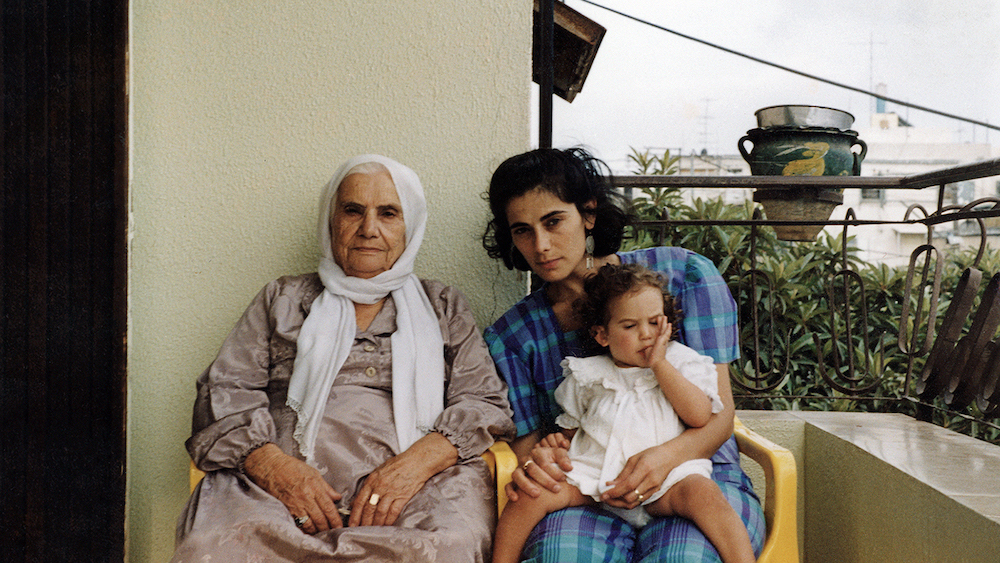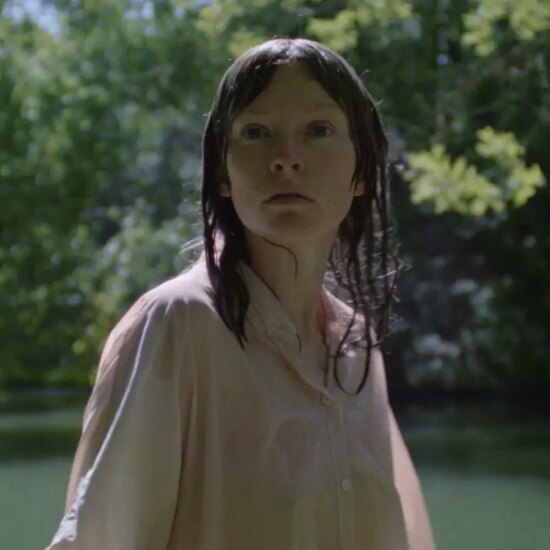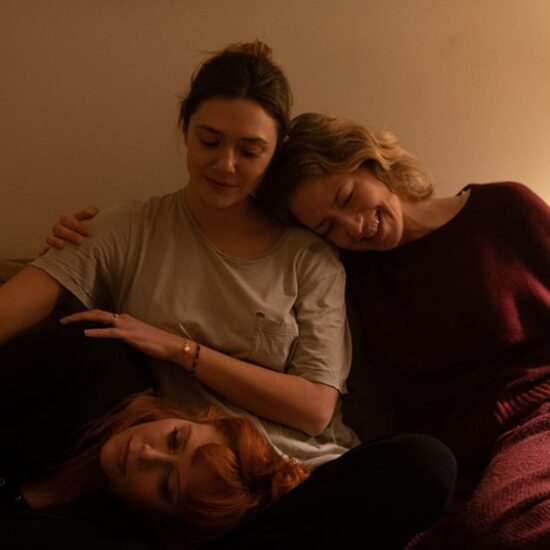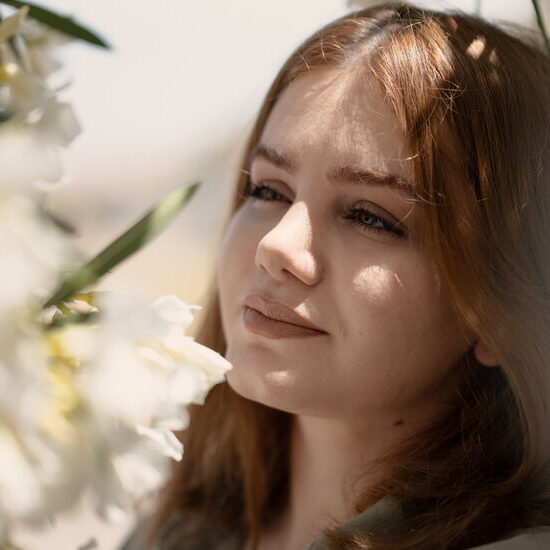
After “Their Algeria,” a well-received documentary from 2020 about the parents of her actor father Zinedine Soualem, France-born filmmaker-performer Lina Soualem turns her camera on her maternal relatives in “Bye Bye Tiberias,” in particular her mother, the Palestine-born actress Hiam Abbass. By telling their story, she hopes to reclaim and question the personal, historical and visual legacies she inherited and to answer the question “How does a woman find her place when caught between worlds?” a question that applies equally to her and her mother. After its world premiere at the Venice Film Fest, the essay film, with its mix of the personal and the political, has been a festival favorite, going on to win the Grierson award for best documentary in London and the jury prize ex aequo in Marrakech. It represents Palestine in the Oscar international feature competition.
The title gives a clue to what Soualem considers the critical turning point in the family’s fortunes: their 1948 expulsion from their home and farm in Tiberias during the war that followed the partition of Palestine and the declaration of the independent State of Israel. Relocating to the village of Deir Hanna, her great-grandfather lost his mind and died, leaving his seamstress wife Um Ali and eight children, including Soualem’s grandmother Nemat, a teacher. Restless Hiam, one of Nemat’s 10 children, always felt suffocated by village life, and managed to leave Deir Hanna to live abroad in her early 20s.
The backbone of the film’s script, credited to Soualem, Nadine Naous and Gladys Joujou, is a poetic essay from Soualem’s POV about her mother and her forebears that combines memory and fantasy and provides a jumping off point for discussing the various generations. With only a small number of photographs extant, the film’s visuals benefit most from lovingly shot home movie footage captured by Soualem’s father during visits to Deir Hanna when Lina was a toddler.
From Hiam’s sisters, we learn that Abbass was the one most popular with the opposite sex while growing up, inspiring some funny stories about how their stern father reacted to her many boyfriends. We also discover that she had a short-lived early marriage to an Englishman she met while acting at the Palestinian National Theater in Jerusalem, was a prolific writer of poetry as a teenager and studied photography in Haifa. Soualem continually tries to coax the no-nonsense Abbass to be more revealing, but her mother sometimes resorts to the family refrain, “Don’t open the gate to past pain,” or comes close to snapping at her.
If there is any one takeaway from the film, it’s the importance of family attachments and the succor they provide. Abbass confides that when she first moved abroad, she cut her ties to those back in the village, which left her feeling even more isolated after giving birth to Lina in France. After she started bringing Lina to Deir Hanna each summer, she reconciled with her beloved family. The visceral feeling related to family is reinforced by Abbass’ story of her aunt Hosnieh, an older sister of her mother, who in 1948 wound up on the Syrian side of the border, unable to see her family for 30 years. She describes their finally coming together with the force of magnets and the way the aunt sniffs and sniffs to absorb the smell of her loved ones.
The film also captures the passing of the torch between generations and the consciousness of mortality. We see the young and beautiful Abbass holding baby Lina as she interacts with the vital Nemat and aging Um Ali. Then we see the much older Nemat in a wheelchair, pushed by a 50something Abbass. The conversation between Abbass and Soualem gains an extra gravitas after the passing of Nemat.
Some viewers might wish for more political context as obviously Abbass’ first passport was an Israeli one. But all we get is a story about how she travels to Syria on her French passport to visit Hosnieh, shattering the barrier that “they” imposed. Likewise, it would have been interesting to hear more about Abbass’ desire to act and her start, but her career is barely mentioned apart from a remark that Nemat didn’t like her being an actress because she felt that Hiam preferred her work to her.
While the film’s tech elements are variable, the score by Amine Bouhafa is top-notch.













